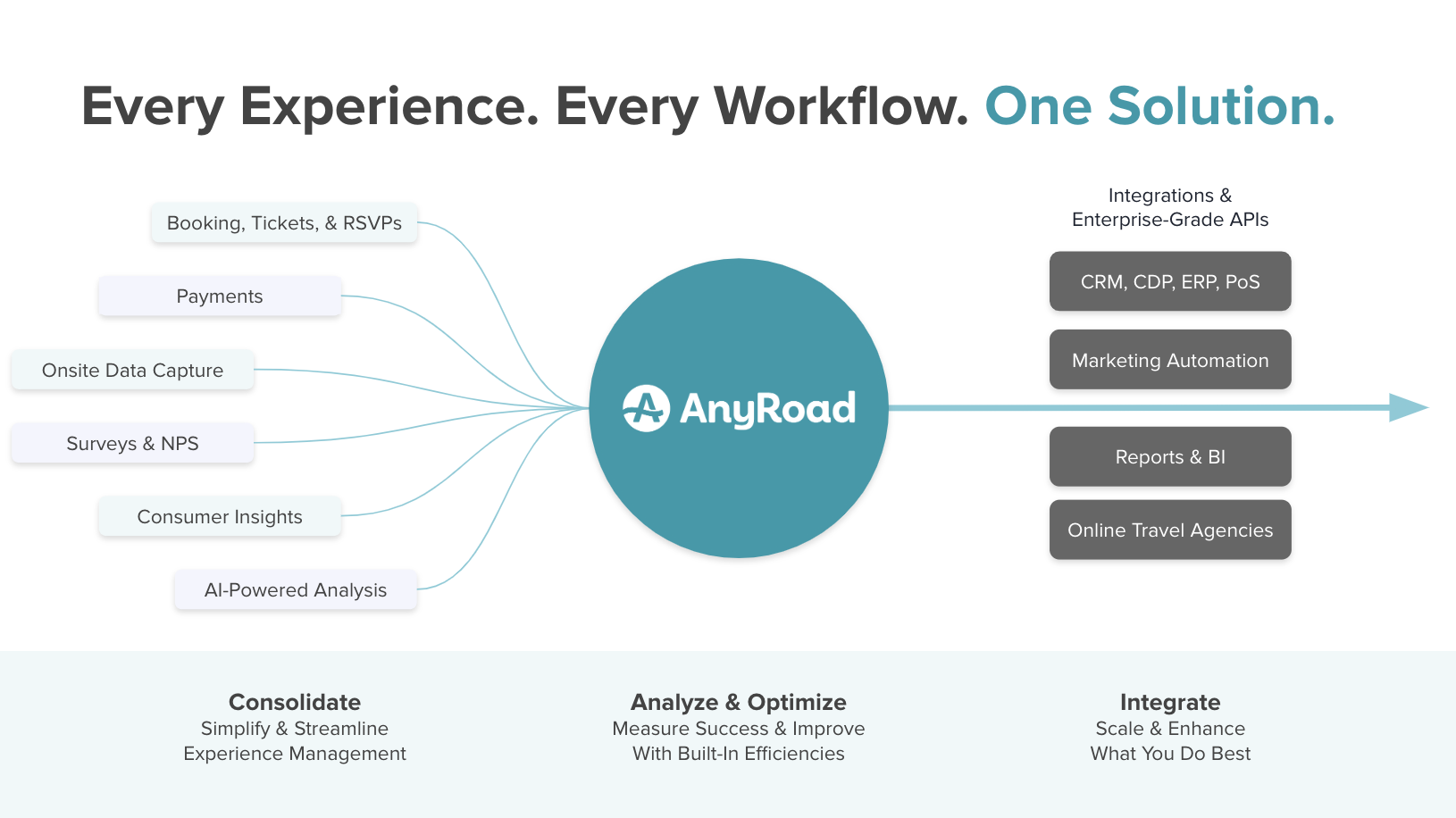What is Brand Awareness?
Brand awareness is the familiarity and recognition that a brand has among consumers. It allows for easier customer acquisition and a greater chance of product or service adoption. When a brand is memorable and recognizable, consumers will return again and again, leading to long-term loyalty and advocacy.
Brand Awareness strategies
Brand Consistency
Brand consistency is the practice of presenting your brand image in a uniform and cohesive manner across all marketing channels. Simply put, it means that your brand elements - such as logo, color scheme, typography, messaging, and overall tone of voice - should remain consistent throughout your website, social media, advertising, packaging, and other touchpoints with the customers.
Brand Values
Brand values are the guiding principles that shape how a brand interacts with its customers and the world at large. These values usually reflect the unique identity and vision of the company and can include anything from a commitment to quality, to a passion for sustainability, to a dedication to customer service. Customers who share the same values are more likely to connect with the brand on an emotional level, becoming advocates and helping to spread the word.
Branded Social Media
Branded social media is a powerful tool for creating a unique and consistent brand voice across social media platforms. By sharing relevant and informative content, companies can position themselves as experts in their field and provide value to their followers.
Branded Advertisement
Branded advertisement is a marketing strategy that is designed to increase brand awareness by associating a company's name and logo with specific products or services. This type of advertising typically employs the use of branded materials such as logos, slogans, and merchandise in order to create a more memorable and recognizable brand identity. Whether it's through social media, television commercials, or print ads, branded advertisements are a key component of any successful marketing campaign.
Branded Sponsorship
Branded sponsorship is the concept of a company aligning their brand with a specific event or individual for promotional purposes. Through a partnership with a brand, the event or individual gains necessary financial support and resources, while the company gains valuable publicity that can increase brand awareness.
Why is Brand Awareness Important
Increased Sales
Brand Awareness helps build trust and credibility with potential customers, making them more likely to choose your products or services over those of your competitors. By creating a strong brand image that resonates with your target audience, you can develop a loyal customer base who will be repeat customers and advocates for your brand.
Customer Loyalty
By increasing your brand awareness, customers are more likely to remain loyal to your products or services. When customers are familiar with your brand, they have a greater sense of trust in your brand and a stronger connection to your values. This connection can lead to a positive experience, increased repeat business and customer loyalty.
Positve Brand Associations
When a brand gains more recognition, it paves the way for positive brand association. The more a consumer notices a brand, the more likely they are to trust it. In turn, the more comfortable people feel about a brand, the easier it is to create a loyal customer base.
Brand Awareness Frequently Asked Questions
What is Brand Awareness?
Brand awareness is the familiarity and recognition that a brand has among consumers.
What does Brand Awareness of a product mean?
Brand awareness of a product is the familiarity and recognition that a specific product or feature has among consumers.
Where do you increase Brand Awareness?
You can increase Brand Awareness through channels like social media, paid advertising, word-of-mouth, and influencer marketing.



%204.50.48%E2%80%AFp.m..png)
%2012.57.51%E2%80%AFa.m..png)